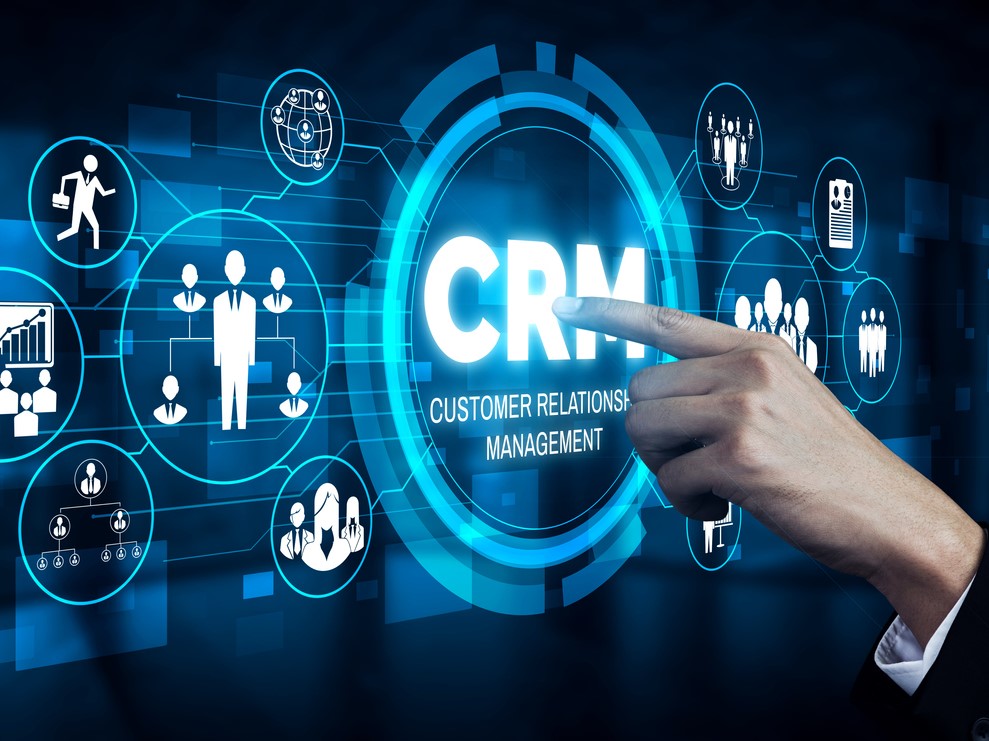While there is a lot of apprehension towards migrating to the cloud, the reality is that companies take several approaches to migration, and deciding on cloud services is not a one-time event. Several applications in the cloud are quite sensible than others. Hence, as managers consider the best pathway to the cloud, there are frequently factors to consider, including:
Table of Contents
Technology and Features Offered by Cloud Migration
Technology buyers to consider simple solutions what they will gain by moving to the cloud. Also, they should think about whether those technologies supported by cloud computing are compatible with legacy applications and operating systems (OS) deployed.
When businesses erroneously subscribe to a cloud-based application, which cannot trade information with one of their on-premises applications, they fall into a trap. For example, when an organization’s enterprise content management (ERM) is in the cloud service and lacks an interface to an on-premises customer relationship management (CRM). A company gets hard-pressed to include enterprise content in its CRM workflows.
The Evolutionary Alternative
Reflect on how your decision can restrict your options in the future. With any complex technology acquisition, retailer lock-in is a risk. With cloud services, you rely on a cloud provider’s ability to present stable, continuous services; you also depend on which provider’s specific improvement cycles and knowledge roadmap. This can cause coordination challenges with other technological improvements. If the provider is the controller of the curve, subscribers may find themselves holding the shorter end of the stick regarding their competitors who can get a lot of new technology.
Organizations sometimes choose to distribute risk by selecting several cloud service providers. Because if you are stuck with one provider, they have a lot of power over you. But with double sourcing or triple sourcing cloud services, you can regain control over the service provider. That is why many large organizations are going with multi-cloud management software to get assume back the mantle on the infrastructure; hence, they switch from one provider to another- or at least threaten to so if one of the suppliers is not behaving accordingly.
Migration Architecture
Before moving to the cloud, the first step is creating a stout migration architecture. A systematic migration architecture is accountable for outlining cloud demands, organizing resources, and scheming strategies for cloud data transfer. As cloud migration strategy comprises detailed technical planning and structured scheming; thus, the whole responsibility lies with the migration architect to make the important decision to make sure an effective migration is realized. Hence, many companies embrace an Office 365 migration plan template, which stipulates the implementation of the migration.
Cloud Platform Valuation
Organizations get it highly problematic to select a cloud platform to move their important applications. Reaping the most from the applications on a cloud platform entirely relies on the APIs and tools embraced while developing the computer program. Before choosing a single cloud platform or a multi-cloud platform, companies meticulously evaluate the requirements of their enterprise and the innovation deployed in the program.

Total Cost
Determining a cheaper budget for cloud movement’s steps becomes an essential task for organizations. Organizations have to approximate the resources’ total expense and be properly-versed regarding the pricing component of cloud platforms. Organizations have to analyze their internal resources and infrastructure prior or investing in a cloud migration technique. Many tools and third-party applications can assist you in growing your organization and raising your output.
Cloud Provider
Before spending on migration technology, it is crucial to select the appropriate supplier. The organization must assess the cloud service supplier depending on International standards, technology, compatibility, and policies. A good cloud service supplier can competently work with the existing apps and give full-time support to your organization.
Security
Information is the crucial component of every organization. All organizations demand to ensure the safety of their private data kept in gadgets. Companies must painstakingly assess the security policies and guidelines of the cloud service supplier before installing the application on their platform. According to Cloud Security Alliance (CSA), over 70 percent of the global businesses operate on the cloud, and about 60 percent are worried about the security measures followed by cloud service providers.
Conclusion
As you choose the new infrastructure, organizations must pay attention to important factors while moving their applications to the cloud platforms. A cloud service supplier should assure you of extreme security measures to ensure your company’s confidential data is safe. Moving to the cloud is a hectic process; however, with the appropriate steps followed, moving to a cloud platform is simple.
















